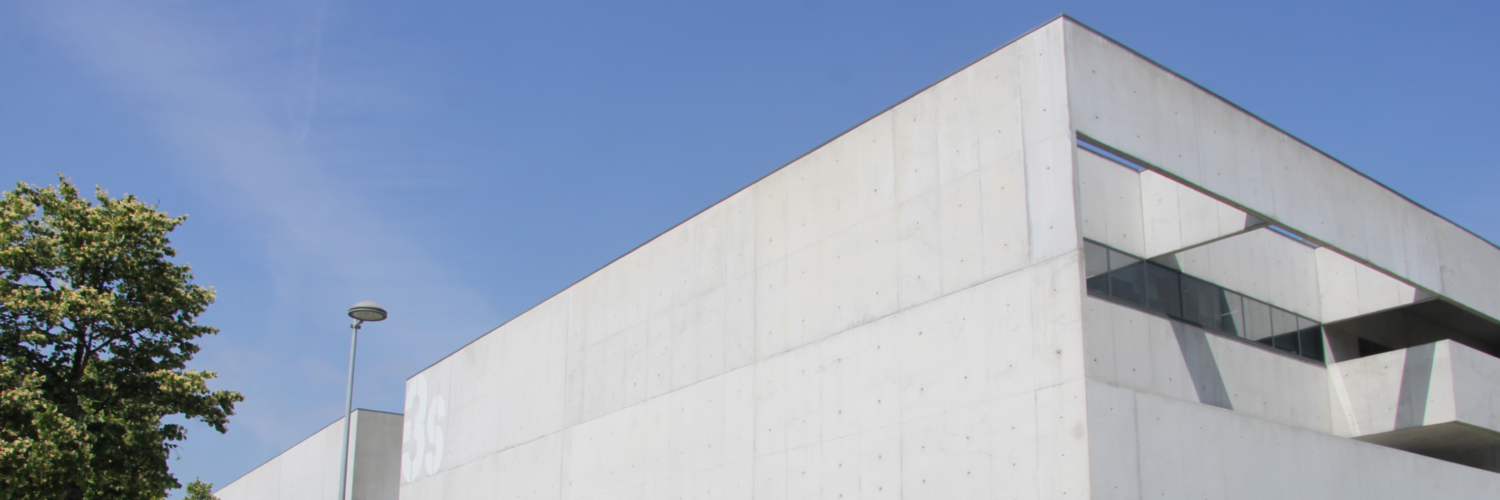| Title | Propolis varnish: Antimicrobial properties against cariogenic bacteria, cytotoxicity, and sustained-release profile |
| Publication Type | Journal Article |
| 2014 |
| Authors | De Luca, MP, Franca, JR, Macedo, FAFF, Grenho, L, Cortes, ME, Faraco, AAG, Moreira, AN, Santos, VR |
| Journal | BioMed Research International |
| Volume | 2014 |
| Date Published | 2014 |
| Varnishes are preparations that differ in the polymeric matrix and therapeutical agents. In dentistry they are used to prevent caries. In this study we developed a propolis varnish, considering propolis properties against cariogenic bacteria. To a chitosan polymeric base (CHV) was added ethanolic propolis extract in different concentrations: PV1 (5%), PV2 (10%), and PV3 (15%). Antimicrobial activity was carried out against Streptococcus mutans (SM), Streptococcus sanguinis (SG), Streptococcus salivarius (SS), and Lactobacillus casei (LC) through agar diffusion method. The three propolis concentrations incorporated were effective in inhibiting the growth of all microorganisms, but without significant difference between the zones of inhibition observed. Cytotoxicity assay was done by MTT method. Data were analyzed by one-way ANOVA and Bonferroni test. None of the varnishes were cytotoxic, keeping 80% of viable cells, while CHV allowed cellular proliferation (120%). Sustained-release test was carried out by applying 40 μL of each varnish in the buccal surface of bovine teeth and kept in an ethanol/water solution removed in regular times. According to the "independent model approach," the release profiles were distinct from each varnish and the most prolonged was PV3 (8 weeks). Varnish formulations had satisfactory antimicrobial activity against cariogenic bacteria and have a low cytotoxicity (<50%). © 2014 Mariana P. De Luca et al. |
| http://www.scopus.com/inward/record.url?eid=2-s2.0-84901784340&partnerID=40&md5=3324d6156f7606cd3ee0a5d55e0ee107 |


